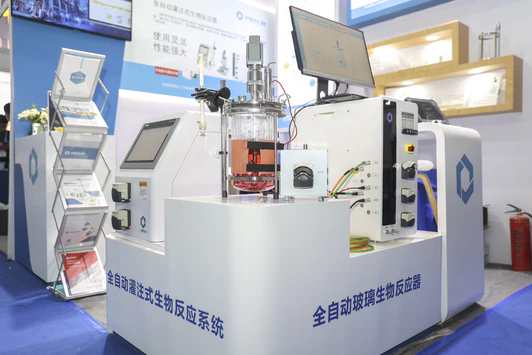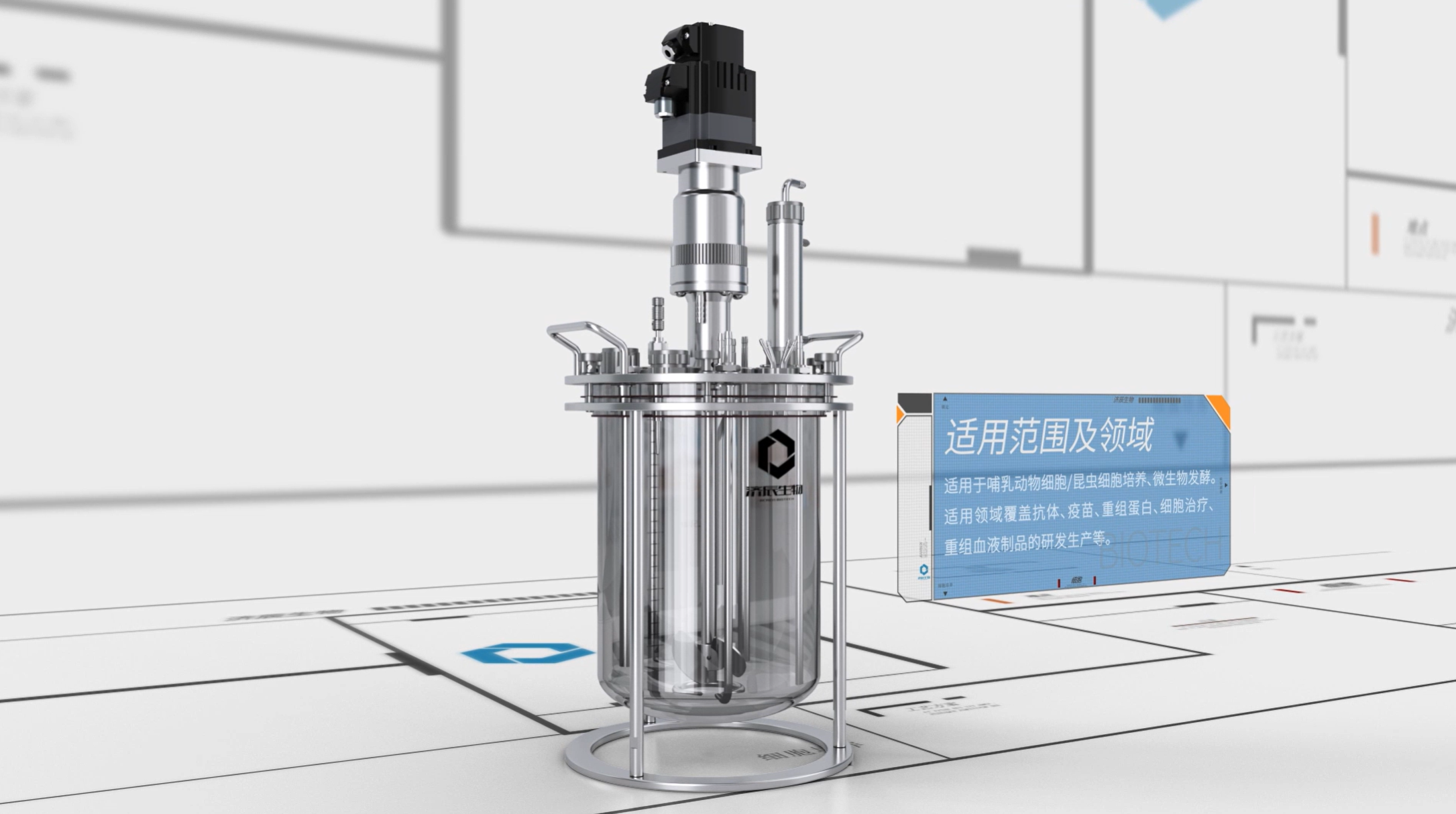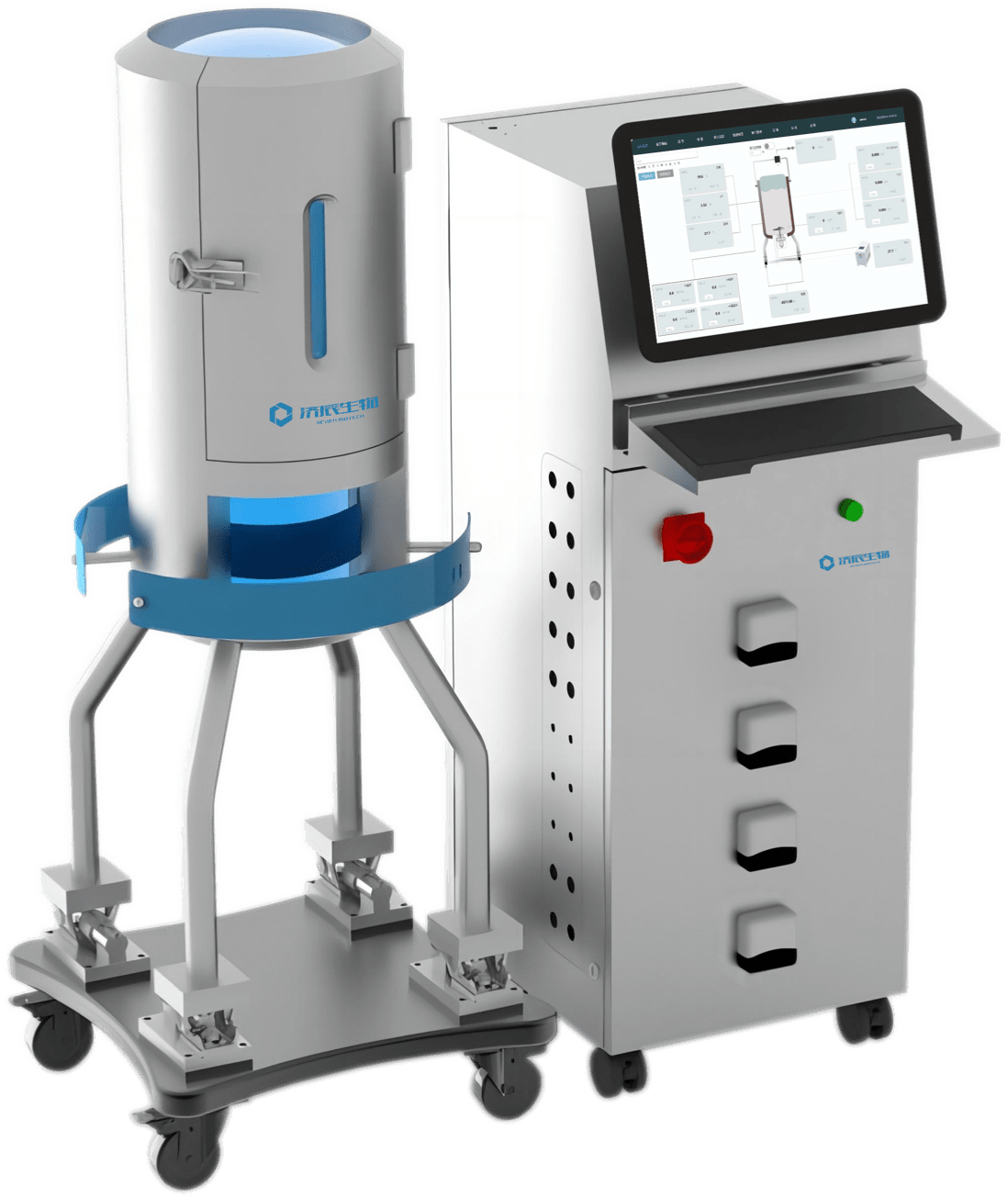With the rapid development of the biopharmaceutical industry, the importance of clinical trial parameter management in the process of drug development has become increasingly prominent. This paper provides an in-depth analysis of the connotation, key aspects, challenges and coping strategies of clinical trial parameter management, aiming to provide useful reference for China's biopharmaceutical industry.
Clinical trial parameter management refers to the effective management of the parameters involved in clinical trials in the process of drug development to ensure that the trial data are properly analyzed. parameters involved in clinical trials during the drug development process to ensure that the trial data are accurate, reliable and complete. As the biopharmaceutical industry is characterized by high risk, high investment and long cycle, clinical trial parameter management is of great significance to improve the efficiency of drug development and reduce the risk. In this paper, we will discuss the connotation, key aspects, challenges and coping strategies of clinical trial parameter management.
Connotation of clinical trial parameter management
1. Parameter categorization
Clinical trial parameters can be classified into the following categories:
(1) Trial design parameters: such as the purpose of the trial, the type of trial, the sample size, randomization, blinding, etc.;
(2) Trial execution parameters: such as the inclusion criteria, the exclusion criteria, the dosing regimen, observation indexes, etc.;
(3) Data analysis parameters: such as statistical analysis methods, efficacy evaluation indexes, and safety evaluation indexes.
2. Management contents
The management of clinical trial parameters mainly includes the following aspects:
(1) Formulation of parameters: according to the characteristics of the drug, the purpose of the study and the requirements of the clinical trial, the formulation of reasonable parameters;
(2) Parameter review: review the formulated parameters to ensure their scientificity, rationality, and feasibility;
(3) Parameter implementation: in the process of the clinical trial, operate in strict accordance with the parameters;
(4) Monitoring of parameters: real-time monitoring of the implementation of the parameters during the trial to ensure the quality of the trial;
(5) Analysis and summarization of the parameters: analyzing the results of the trial and evaluating the rationality and validity of the parameters.
Key aspects of clinical trial parameter management
1. Parameter formulation
At the stage of parameter formulation, full consideration should be given to factors such as drug characteristics, research objectives, and requirements of clinical trials to ensure that the parameters are scientific, reasonable, and feasible. In addition, attention should be paid to the following aspects:
(1) Drawing on relevant research results at home and abroad to provide a basis for parameter formulation;
(2) Inviting experts in related fields to conduct demonstrations to improve the authority of parameters;
(3) Fully consider the actual situation during the clinical trial to ensure the operability of the parameters.
2. Parameter review
Parameter review is an important part of ensuring the quality of clinical trials. The review mainly includes:
(1) Whether the parameters are in accordance with scientific principles and ethical requirements;
(2) Whether the parameters satisfy the purpose of the clinical trial;
(3) Whether the parameters are operable; (4) Whether the parameters are in compliance with the requirements of the clinical trial; and (5) Whether the parameters are in line with the requirements of the clinical trial. ) whether the parameters are operational;
(4) whether the parameters are conducive to the protection of subjects' rights and interests.
3. Parameter implementation and monitoring
In the course of a clinical trial, the parameters should be operated in strict accordance with the parameters, and the monitoring of parameter implementation should be strengthened. Monitoring measures include:
(1) setting up an independent data monitoring committee to review trial data in real time;
(2) conducting on-site inspections of clinical trials on a regular basis to ensure that the parameters are implemented properly;
(3) Establish an adverse event reporting system to detect and deal with problems in a timely manner.
4. Parameter analysis and summarization
After the end of the clinical trial, the results of the trial should be analyzed to evaluate the rationality and validity of the parameters. It mainly includes the following aspects:
(1) analyzing the influence of parameters on the trial results;
(2) evaluating the implementation of parameters in the course of the trial;
(3) ) summarize lessons learned for future clinical trial parameter management.
Challenges and coping strategies for clinical trial parameter management
1. Challenges
(1) Clinical trial parameters are numerous and difficult to manage;
(2) Clinical trials involve multiple fields and are highly specialized;
(3) In the course of clinical trials, parameter adjustments may lead to data bias.
2. Coping strategies
(1) Establishing a perfect clinical trial parameter management system to improve management efficiency;
(2) Strengthening talent cultivation and improving the professional quality of clinical trial practitioners;
(3) Make full use of information technology to realize real-time monitoring and adjustment of clinical trial parameters.
Clinical trial parameter management is of great significance in the biopharmaceutical industry. By strengthening the management of clinical trial parameters, it can improve the efficiency of drug research and development, reduce the risk, and provide a strong guarantee for the healthy development of China's biopharmaceutical industry. This paper discusses the connotation, key aspects, challenges and coping strategies of clinical trial parameter management, hoping to provide useful reference for relevant practitioners. However, clinical trial parameter management involves many fields and still needs to be studied in depth, with a view to contributing to the innovative development of China's biopharmaceutical industry.









